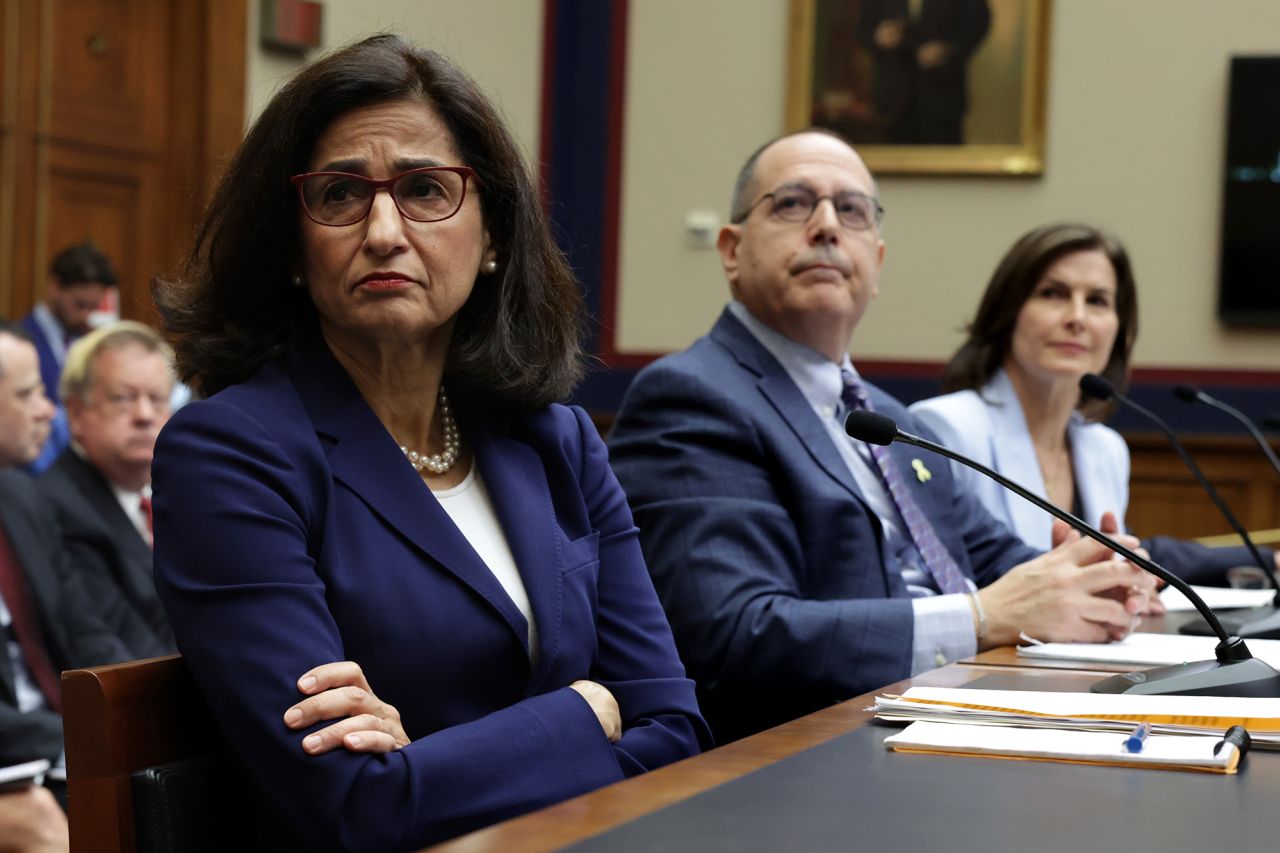Former Dean of Columbia University Law School and co-chair of the university’s task force combatting antisemitism David M. Schizer drew on his personal experience with antisemitism in his opening statement to the House Education and the Workforce committee.
“A student wearing a shirt with an Israeli flag was pinned against the wall by a protester and told to keep f-ing running when he broke free,” Professor Schizer told the committee, “when I heard this, my first thought was of my grandfather.”
Schizer said his grandfather grew up in Ukraine, “and his grandfather was lynched in a pogrom.”
A few years later, he said, his grandfather “almost met the same fate.”
“A group of antisemitic thugs put my grandfather up against the wall and were about to shoot him, but he managed to get away,” he said.
Schizer said that the work of the task force combatting antisemitism “has not been easy.”
“There is a lot to do, and we aren’t yet where we need to be, but we are making real progress,” he said.
“Being a Zionist should not disqualify someone from a dance group or a theater production,” he said, adding, “this sort of pressure, signifying that Jews are only acceptable if they reject a core part of their religion and identity, well, it sounds like old fashioned bigotry to me.”
The task force issued a report to the university recommending four rules governing protests, which Schizer says the university is implementing, and that the task force plans to issue another report in May following additional listening sessions with students “to describe student encounters with antisemitism, discuss definitions of antisemitism, and recommend changes in orientation, student services and student groups.”
Schizer said the task force will issue more reports in the next academic year.














